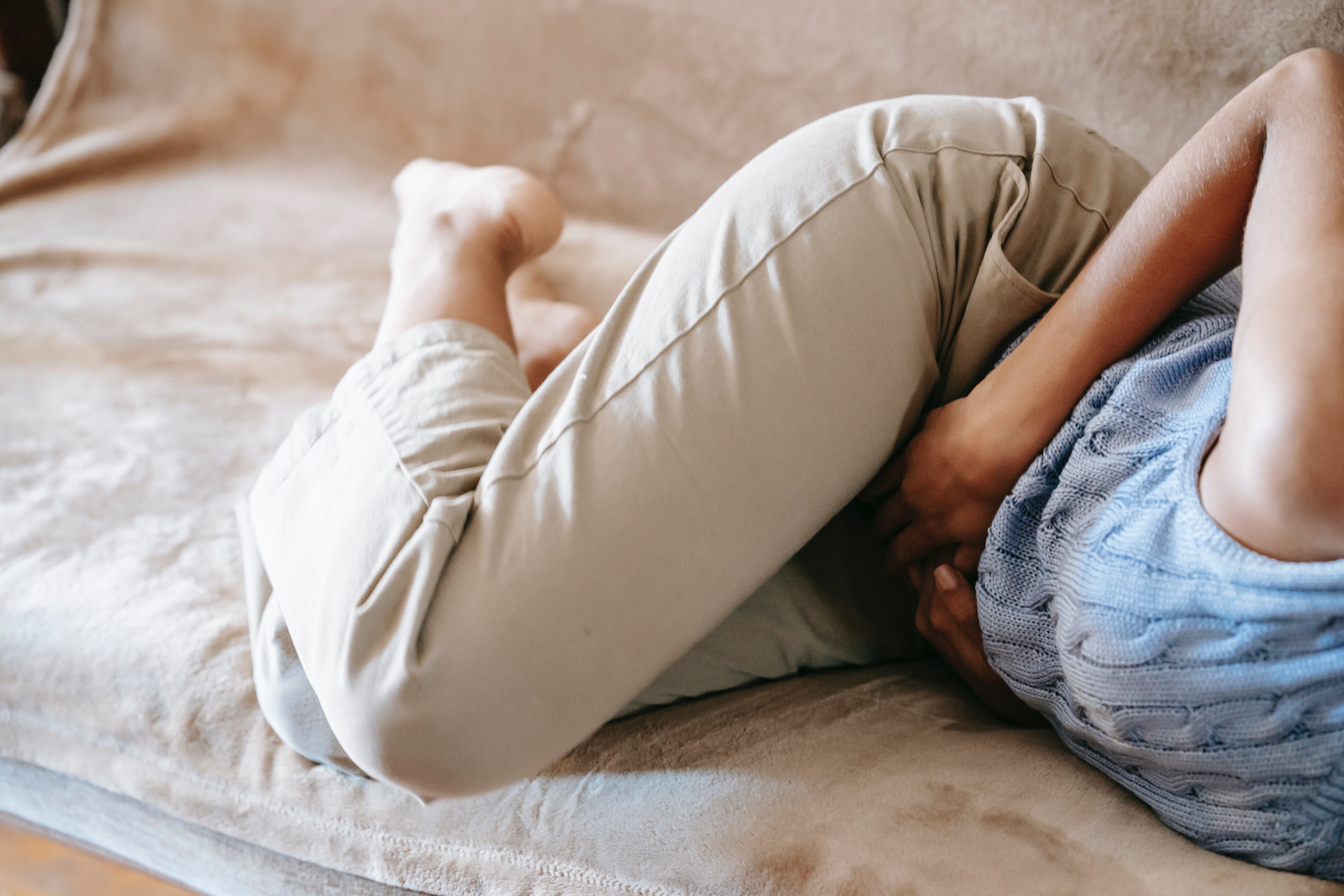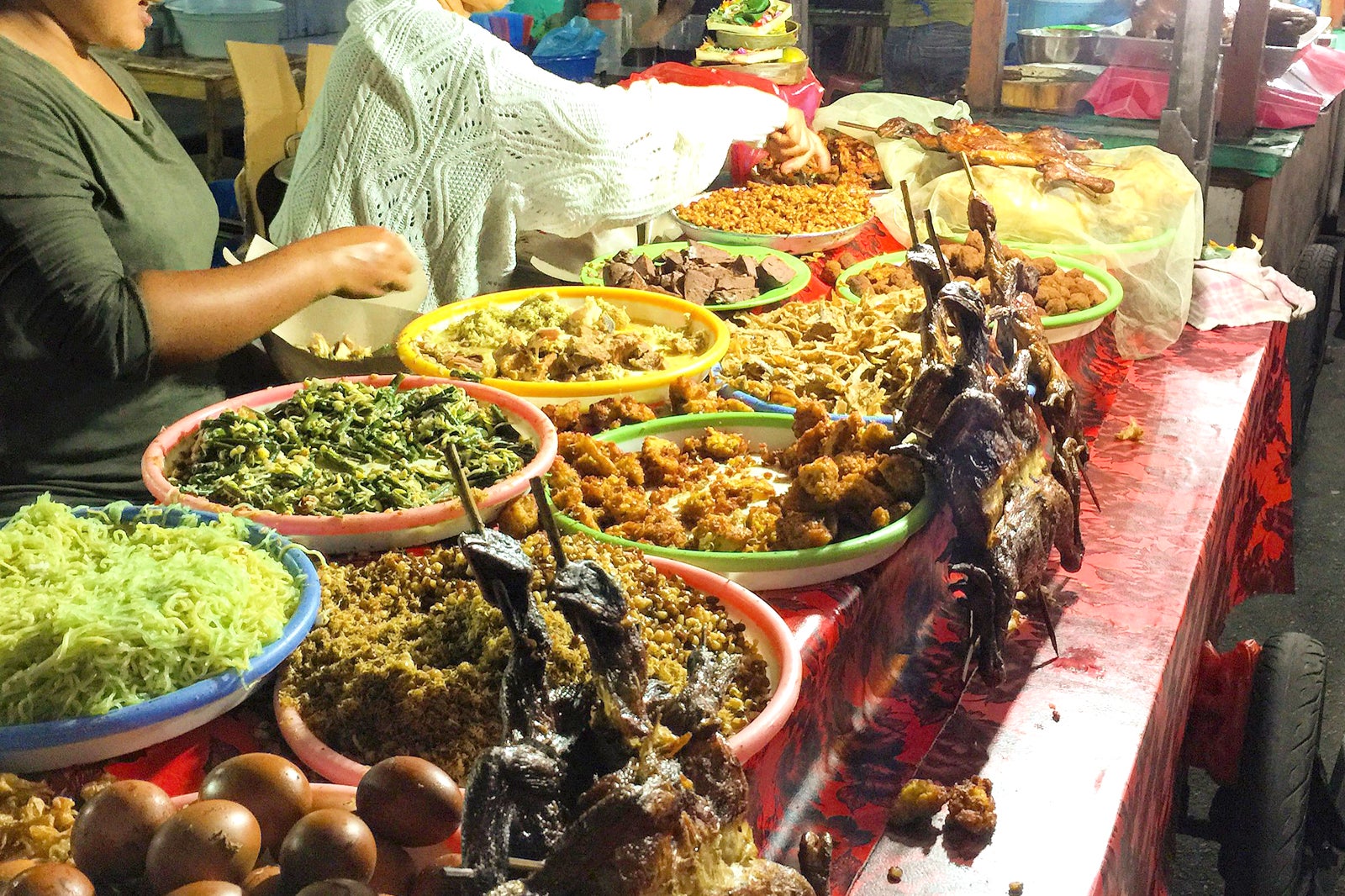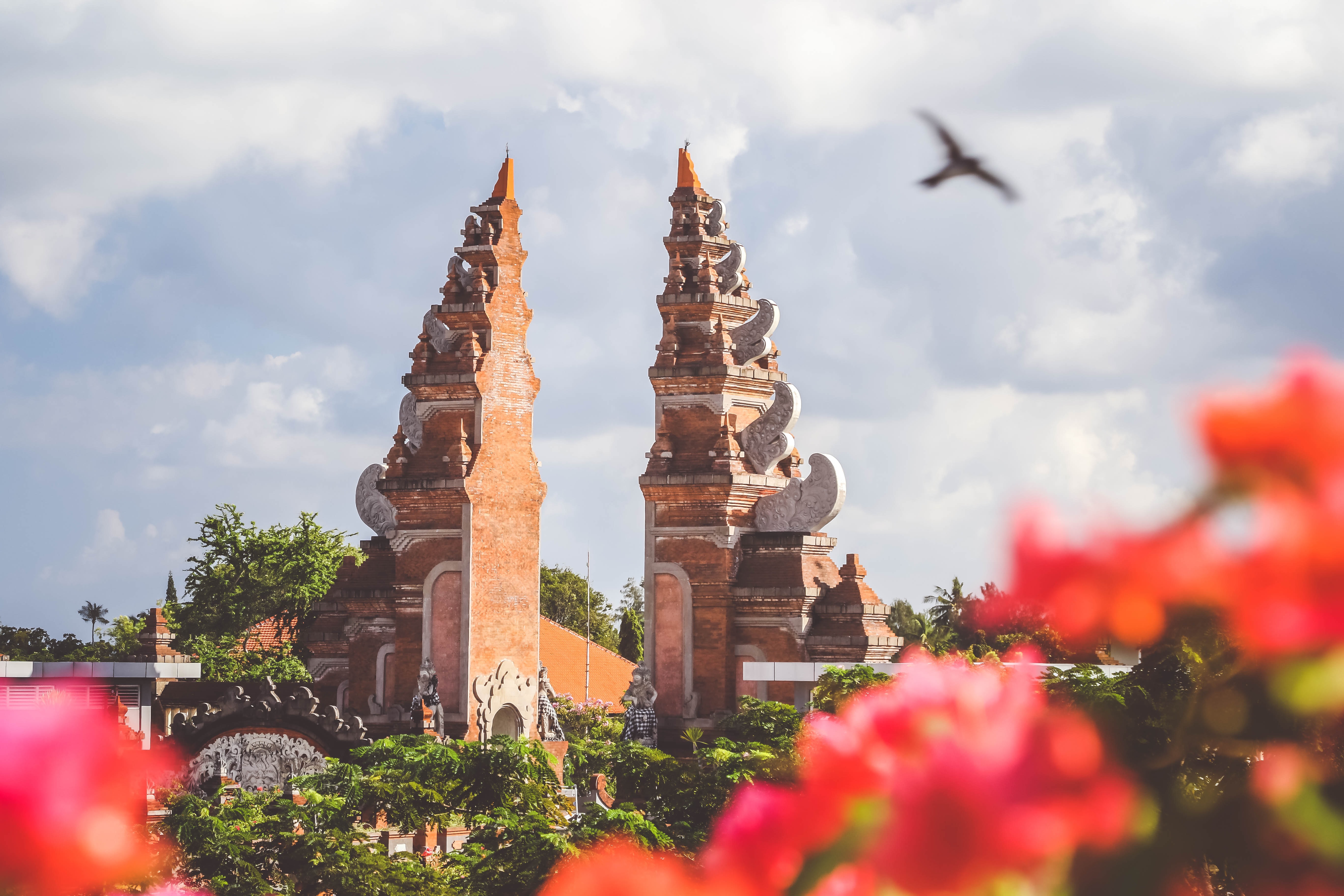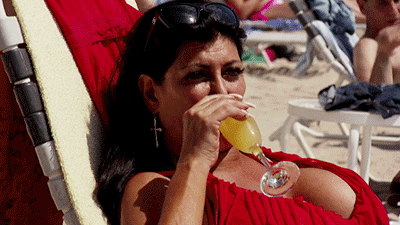'Bali Belly' Is Really A Thing & Here Are 4 Ways To Avoid It
As tempting as it is to live like a local, you don't wanna ruin your holiday by being stuck in bed.
If you've travelled to Bali or know someone who has, chances are you've heard of the term 'Bali belly'
It's a common expression that has come from the countless cases of travellers who have had diarrhoea, food poisoning, or an upset stomach while on holiday. On average, 30% to 50% of tourists are affected by 'Bali belly' during their vacations.
'Delhi belly', 'Montezuma's revenge', and 'Traveller's diarrhoea' are just some of the other names for similar cases. No matter what you call it, even the most well-travelled person can succumb to the unfortunate belly ache.
But what causes it?
For the most part, it's due to bacteria found in contaminated food and water.
Consuming new foods as your body adjusts to a new environment can also play a huge part.
Some of the symptoms of 'Bali belly' or 'Traveller's Diarrhoea' include:
– Bloated tummy, cramps, and pain
– Nausea and/or vomiting
– Urgency/frequency in going to the toilet
– Diarrhoea
– Mild temperature
– General malaise (weakness or discomfort)
As tempting as it is to enjoy living like a local during your holiday, there are some ways you can try to avoid falling ill
According to BIMC Hospital Bali, 90% of these cases are resolved within a week without specific treatment. However, if your diarrhoea is severe, it's advised to head to a clinic or pharmacy to receive an injection or medication, as the main complication is dehydration which can lead to other serious issues.
Some other ways you can protect yourself are:
– Drink only filtered, boiled, or bottled water and avoid brushing your teeth with tap water
– Wash or sanitise your hands regularly
– Eat at reputable and clean restaurants
– Avoid certain foods such as raw vegetables and fruits
One tourist who suffered 'Bali belly' recently advised the public to avoid ice as it could be made from contaminated water, and likewise salad and vegetables, which could have been washed in contaminated water. She also suggested to avoid buffets, as the food could have been sitting out for too long in a temperature optimal for bacteria to thrive.
Although these methods won't make 'Bali belly' completely avoidable, they are just some ways you can take extra precaution and for you to enjoy your holiday ill-free ;)



